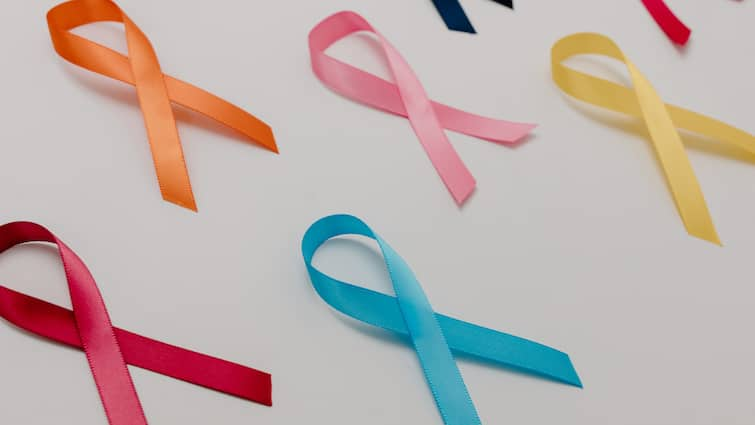Life After Cancer: Simple Lifestyle Tweaks & Busting Common Myths for Survivors

So, you've finished cancer treatment – a massive achievement! But what comes next? Life after cancer is a journey, and building a 'new normal' focused on health and well-being is key. This guide breaks down practical lifestyle changes that can support your recovery and long-term health, while debunking some common myths you might have heard. We'll cover everything from diet and exercise to mental health and follow-up care, all tailored for the Australian context.
Understanding Your 'New Normal'
Cancer treatment can take a toll on your body and mind. Your 'new normal' isn't about going back to how things were – it's about adapting and thriving in a new reality. Regular follow-up appointments with your oncologist and healthcare team are essential for monitoring your health and addressing any concerns. But beyond those appointments, taking control of your lifestyle is incredibly powerful.
Simple Lifestyle Changes That Make a Big Difference
Let's look at some achievable changes you can incorporate into your daily life:
- Nutrition: Forget restrictive diets! Focus on a balanced, whole-foods approach. Load up on fruits, vegetables, lean protein, and whole grains. Prioritise Australian produce when in season. Staying hydrated is also crucial – aim for 8 glasses of water a day. Consider consulting a dietitian specialising in cancer recovery for personalised advice.
- Exercise: Even gentle movement can be beneficial. Start slow – a daily walk, swimming, yoga, or gardening are all great options. Gradually increase the intensity and duration as you feel stronger. Check with your doctor before starting any new exercise program.
- Sleep: Cancer and its treatment can disrupt sleep. Prioritise a regular sleep schedule, create a relaxing bedtime routine, and ensure your bedroom is dark, quiet, and cool.
- Stress Management: Cancer can be incredibly stressful. Find healthy ways to manage stress, such as meditation, deep breathing exercises, spending time in nature, or pursuing hobbies you enjoy. Support groups and counselling can also be invaluable.
- Social Connection: Stay connected with friends and family. Social isolation can negatively impact your mental health. Join a cancer support group to connect with others who understand what you're going through.
Busting Common Myths About Cancer Survivors
Let's tackle some misconceptions:
- Myth: You're 'cured' once treatment ends. Fact: Cancer survivorship is a lifelong journey. Ongoing monitoring and healthy lifestyle choices are essential.
- Myth: You can't return to normal activities. Fact: Most survivors can and do return to their pre-cancer lives, although some adjustments may be necessary.
- Myth: Cancer survivors are always fatigued. Fact: Fatigue is common, but it's manageable with lifestyle changes and medical support.
- Myth: You shouldn't take supplements. Fact: Some supplements may interact with medications or have other adverse effects. Always discuss supplements with your doctor before taking them.
Looking Ahead: Empowering Your Survivorship
Life after cancer is about taking control, embracing your 'new normal,' and building a fulfilling life. Be kind to yourself, celebrate your progress, and don't hesitate to seek support when you need it. Your journey is unique, and you deserve to thrive.






